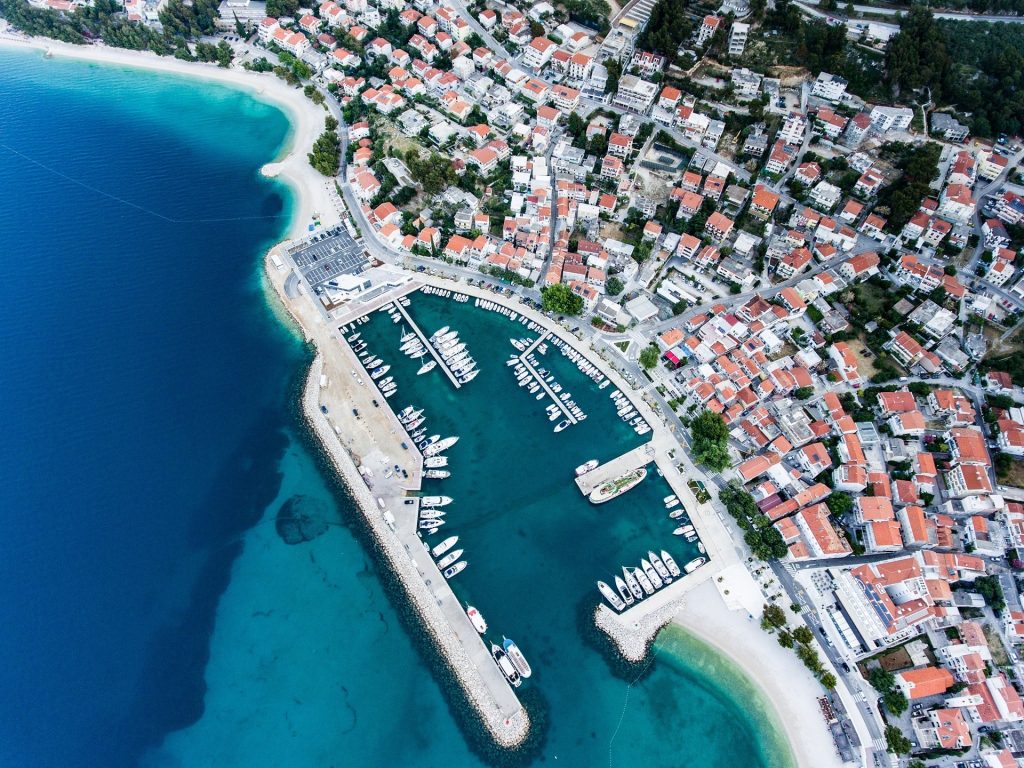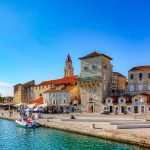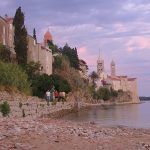August the 4th, 2023 – Croatian economic analyst Damir Novotny recently discussed inflation and touched on Croatian tourism, which he believes is trying to get more than it even has to offer.
As Poslovni Dnevnik writes, ongoing inflation, as Damir Novotny explained, depends on several key factors, including the amount of money in circulation at the given time, and the disposable income of consumers and households. “If households didn’t have disposable income, prices wouldn’t be like that,” emphasised the well known analyst for N1.
Price trends and inflation rates
In his analysis of price trends and inflation rates over the past year, Damir Novotny pointed out that costs first grew under the pressure of energy prices and external shocks, primarily the war in Ukraine. However, the second wave of inflation brought certain changes with it. “In the second wave, inflation rates differed from country to country within and outside the Eurozone. Outside the Eurozone, price growth has been incomparably higher than it has inside it. Examples of this are Hungary and Turkey, both of which have been experiencing extremely high levels of inflation,” he said.
When asked about how the problem of inflation could be solved, Damir Novotny said that the European Central Bank is already doing its part to reduce inflation rates.
A drop in inflation is visible at the level of the European Monetary Union
“At the level of the European Monetary Union, a drop in inflation rates is visible. This wave hasn’t yet come to Croatia, and these incredibly high expectations from tourism also play a role in that. You can’t have your cake and eat it if you expect such a large number of tourists to come to Croatia and then spend money without asking about the prices…” said Novotny, who continued to talk about Croatian tourism.
We’re trying to get more than we have to offer
“When it comes to Croatian tourism, we’re trying to get more than we’ve even got to offer. This was avoided in Greece and that’s why they’ve been having much better numbers than us. There will be differences. Higher-quality accommodation facilities in Istria have no problems filling up their rooms, while lower-quality ones in Dalmatia will end up facing some very big problems, as will neighbouring Montenegro. Albania won’t really have any big problems. Albania has become quite a big hit on the Adriatic and offers what Croatia used to offer – tourist services at very low prices,” he explained.
Novotny then gave the example of nearby Greece as a positive model where the differentiation of accommodation quality proved to be very effective when attracting tourists.











